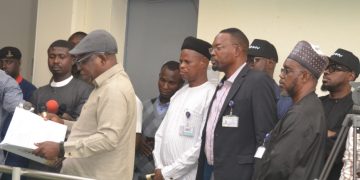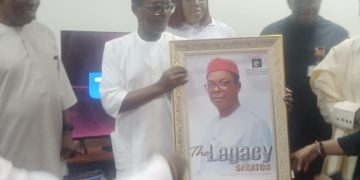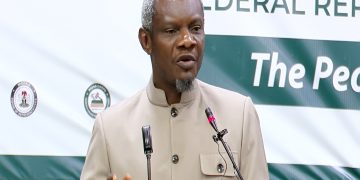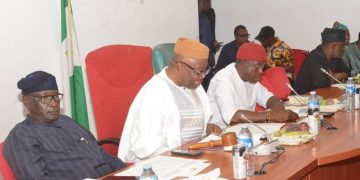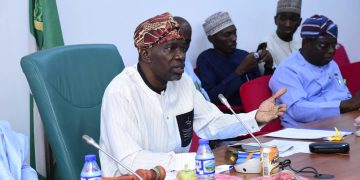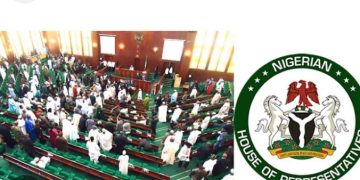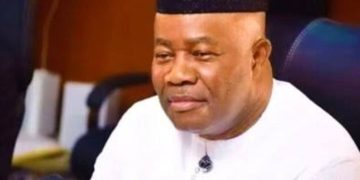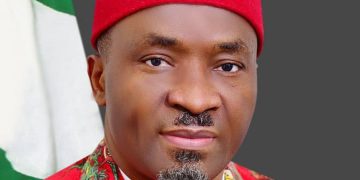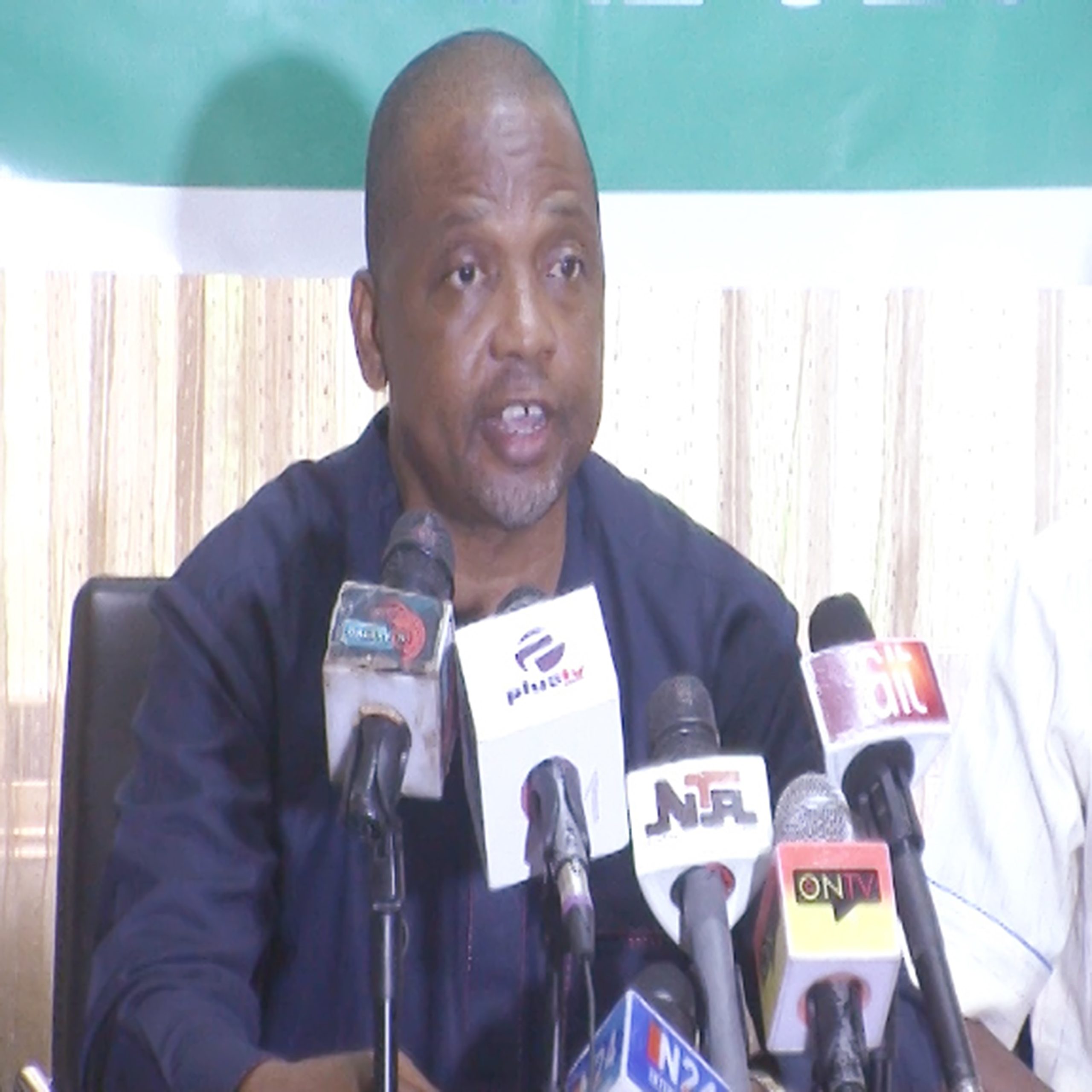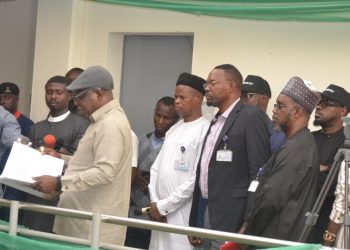By Comfort Olayinka
The Supreme Court has delivered a landmark judgment, ordering the Central Bank of Nigeria (CBN) and the Accountant General of the Federation to immediately stop releasing financial allocations to the Rivers State government. This directive takes effect immediately and will remain in force until Governor Siminalayi Fubara ceases all his “illegal, unlawful, and unconstitutional activities”.
The court’s decision stems from Governor Fubara’s alleged breach of constitutional provisions by presenting the 2024 budget to a four-member Rivers House of Assembly, instead of the full assembly. The Supreme Court deemed this action “unlawful” and “unconstitutional”.
In addition to freezing the state’s fund allocation, the Supreme Court also ordered the 27 members of the Rivers House of Assembly to resume their duties immediately. This move effectively dismantles all actions carried out by Governor Fubara, which the court deemed unlawful.
The Supreme Court’s judgment was unanimous, with the 5-man panel of justices led by Justice Musa Uwani Aba-Aji affirming the earlier judgments of the Court of Appeal and the Federal High Court in Abuja.
Governor Fubara was lambasted by the court for engaging in “criminal activity” by demolishing the House of Assembly complex to prevent lawmakers from sitting. The court also ordered the Clerk and Deputy Clerk, who were unlawfully redeployed, to resume work alongside the House of Assembly workers.
The court held that Governor Fubara’s actions, including operating with only 4 out of the 32 House of Assembly members, were an “aberration” and a gross violation of the 1999 Constitution. The governor was also accused of using his immunity to carry out “barbaric acts” against the rule of law.
A sum of N10 million fine was imposed on Governor Fubara, to be paid to the House of Assembly and the 27 members who instituted the suit against him. This development is the latest in the ongoing political saga in Rivers State, with the Supreme Court’s judgment expected to have significant implications for the state’s governance.
The Federal High Court had earlier ruled that Governor Fubara’s receipt and disbursement of monthly allocations since January last year were “unconstitutional” and “unlawful”. The court had also restrained the CBN, Accountant General of the Federation, Zenith Bank, and Access Bank from allowing Governor Fubara to access funds from the Consolidated Revenue and Federation Account.


